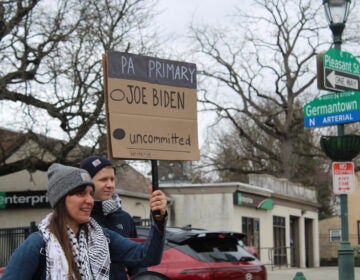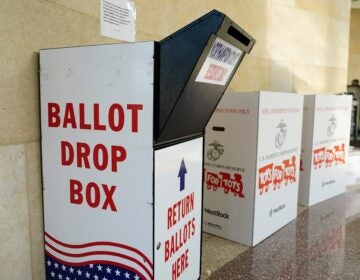Occupy and Tea Party movements have a lot in common
A recent discussion got me thinking about how much the Occupy and Tea Party movements have in common. Both view themselves as grassroots movements that developed spontaneously in response, at least in part, to the U.S. government’s bail-out of the very banks and financial institutions whose irresponsible business practices nearly destroyed the world’s economy.
In that regard I find myself in agreement, particularly since reading Michael Lewis’s book The Big Short. While that book focuses on the handful of hedge fund managers who made themselves fabulously rich by betting against the real estate bubble, I thought the punch line was that everyone on Wall Street got rich regardless of how they bet on the bubble economy.
Even the investment managers at Lehman and Bear Stearns and AIG and all the other bad players were able to walk off with all their accumulated wealth and bonuses intact. Despite the damage they did to the economy, despite the jobs they destroyed, none of their wealth was clawed back, and they were allowed to retire to their estates in the Hamptons or Vail or Boca Raton.
The rise and fall of the bubble economy devastated the lives of millions, but enriched the few. The government’s bail-out of the surviving bad players, including AIG, Bank of America, Citicorp, and Goldman Sachs, struck many Americans as preposterous, throwing good money after bad.
But both Occupy and the Tea Party were determinedly unstructured and resistant to development of organizational leadership. Both were vehicles for anger and rage, but without a specific list of demands. The Tea Party critique seemed to develop towards opposing bailouts for anyone, but then became foggy on Medicare and Social Security. The Occupy critique seemed to develop towards redirecting bail-outs from the rich and the banks to, instead, the poor, the indebted, and the jobless.
The absence of structure and leadership has caused the Tea Party to dissipate its political strength to the extent that it has made itself irrelevant to the selection of a challenger to President Obama. The Republican nominee for President in 2012 will apparently be Mitt Romney, the one candidate least acceptable to the Tea Party.
A similar dissipation of the Occupy movement appears to be happening, as its absence of structure or leadership makes it unable to respond to government efforts to curtail, restrict, and relocate its protests.
Critics of each movement have been able to point to isolated incidents to ridicule. A few racist sentiments at Tea Party events were cited by the media. A few incidents of criminal activity at Occupy campsites have helped to discredit that movement.
Whether the two movements survive the winter or not, they have accurately mirrored American anger at the bail-out of the undeserving rich, and the growing disparity between those fortunate few and the millions of victims of the economic crisis they induced. Although a political divide separates what remains of the two movements, they have both been authentic American voices calling for change.
WHYY is your source for fact-based, in-depth journalism and information. As a nonprofit organization, we rely on financial support from readers like you. Please give today.




